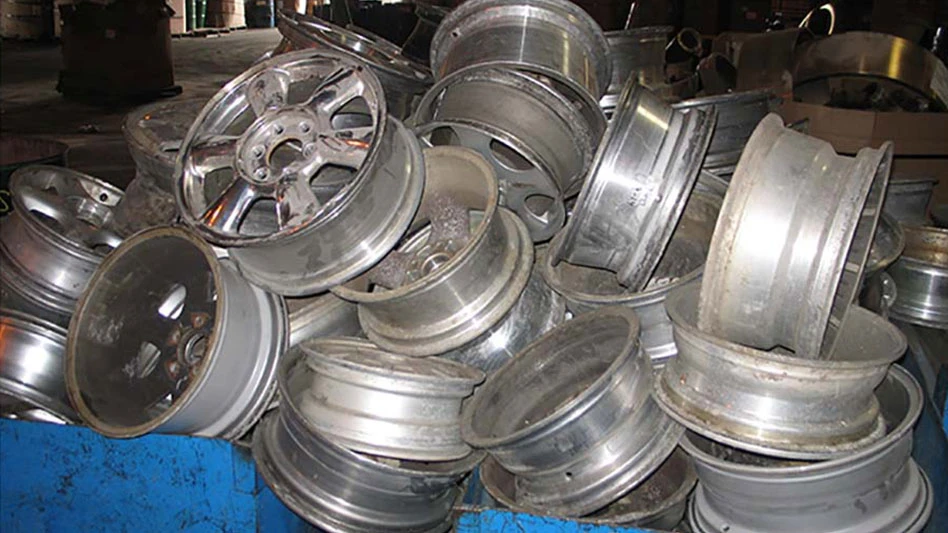
Recycling Today archives
The government of Argentinian President Javier Milei, considered to have been elected for his vows to deregulate numerous aspects of life and commerce in the country, reportedly has ended a 16-year ban on the export of scrap metals.
The end to the ban was announced by the office of Federico Sturzenegger, Argentina’s Minister of Deregulation and State Transformation, on the agency’s website and via the minister’s X account.
Two decrees known as 1040/20 and 70/23 will not be renewed by the Milei administration, with officials saying instead they have decided to facilitate the import and export of scrap metal in order to lower the cost of production for small and medium enterprises.
Through his X account, the minister writes, “Yesterday, we decided not to renew the scope of decrees 1040/20 and 70/23 by which the export of metal and nonferrous scrap had been prohibited.”
Sturzenegger adds, “This prohibition was harmful for several reasons. First, because by depressing the local price of scrap, it discouraged recycling. But it was harmful, above all, because it prohibited an endless number of recycling businesses for very broad sectors of the economy—for example, copper cables discarded by telephone companies, which have an active market for recycling abroad.
“In these months we received countless messages from companies whose businesses were restricted by this prohibition. This norm benefited the consumers of said scrap but harmed those who produced it (typically smaller recycling companies), while hundreds of such businesses were lost. The original decree was from July 2009, and it was thought that it would last 180 days.”
Sturzenegger says the decree was extended and reextended by successive governments “since in Argentina everything that is temporary tends to become permanent.”
Last month, the Washington-based Cato Institute think tank described Milei as having “deregulated something every day” since taking office in Buenos Aires in late 2023.
“His newly created Ministry of Deregulation began functioning in July, and virtually every day, Minister Federico Sturzenegger announces one or numerous regulatory reforms,” Ian Vásquez and Guillermina Sutter Schneider say in that report.
The recycling-specific regulation just repealed has been a source of concern for the Brussels-based Bureau of International Recycling (BIR) and similar trade groups.
While not an outright ban, the European Union is enacting rules that will make exporting materials for recycling to nations with developing economies more difficult. Such nations tend to have high demand for scrap materials and help support end markets and pricing.
“It should be blatantly clear to everybody that the trade of vital raw materials such as recycled metals should not be restricted, and BIR as an organization remains fully committed to ensuring exactly that—the free trade of recyclables in a global circular economy,” then-BIR President Tom Bird said in 2023.
Latest from Recycling Today
- BMW Group, Encory launch 'direct recycling’ of batteries
- Loom Carbon, RTI International partner to scale textile recycling technology
- Goodwill Industries of West Michigan, American Glass Mosaics partner to divert glass from landfill
- CARI forms federal advocacy partnership
- Monthly packaging papers shipments down in November
- STEEL Act aims to enhance trade enforcement to prevent dumping of steel in the US
- San Francisco schools introduce compostable lunch trays
- Aduro graduates from Shell GameChanger program





